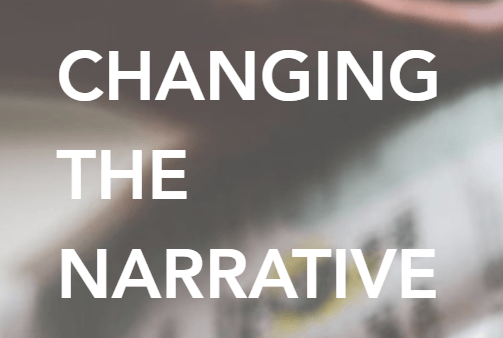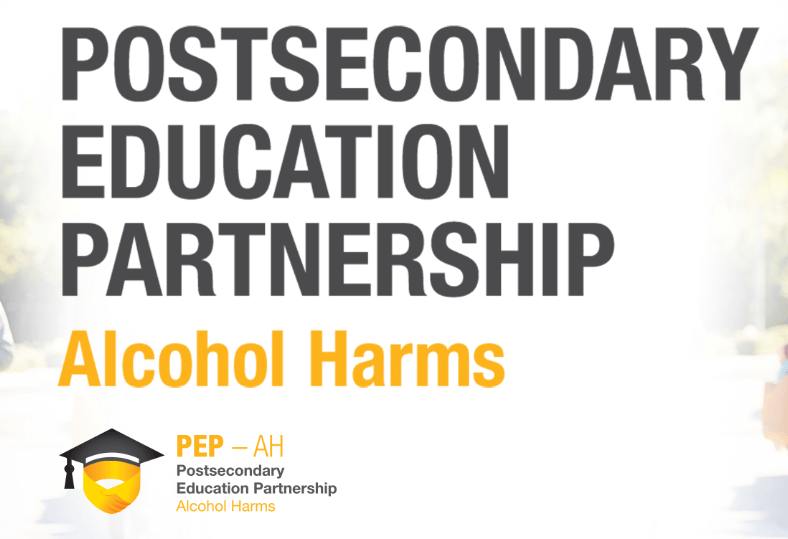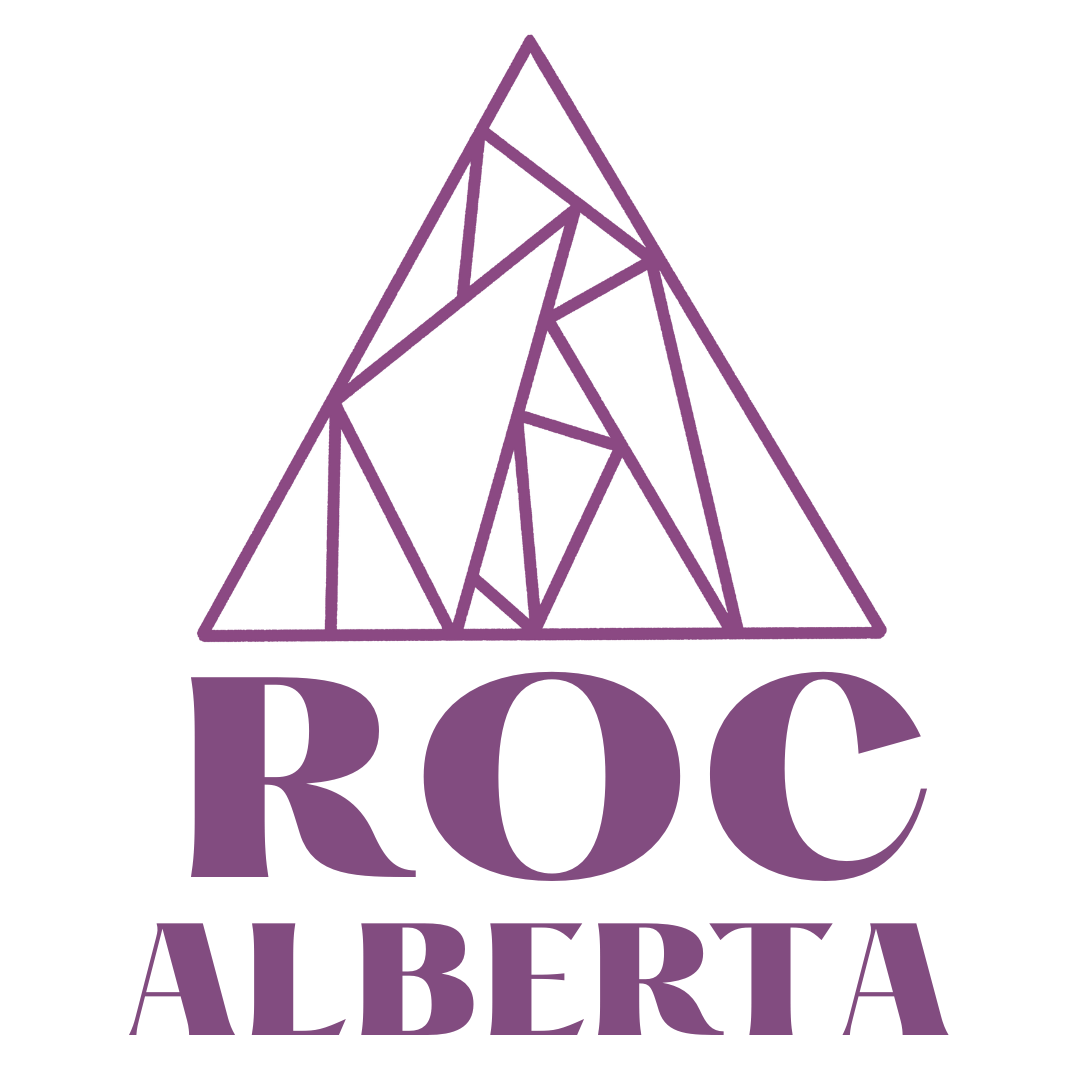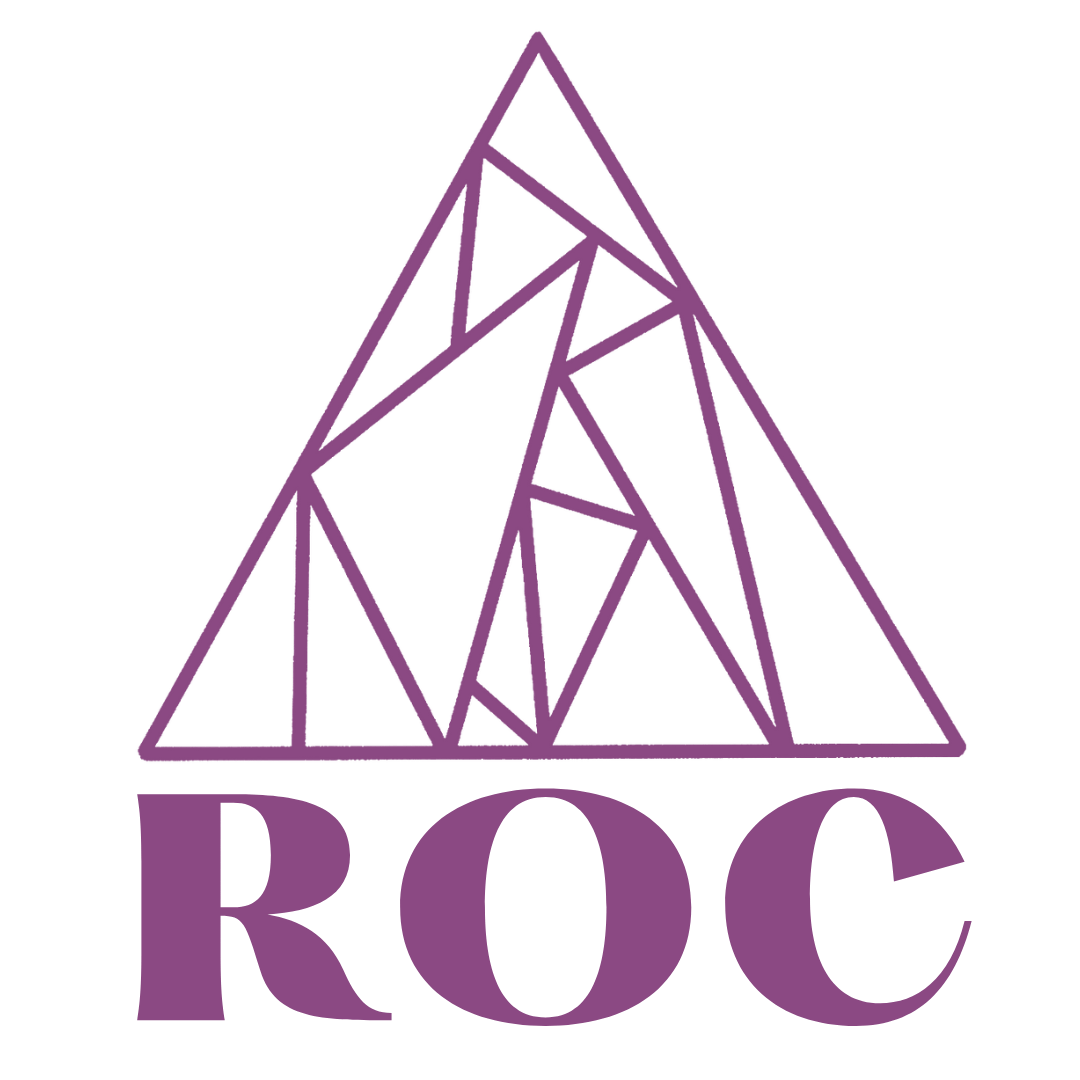Research and More!
Add your title here
This is the text area for this paragraph. To change it, simply click and start typing. Once you've added your content, you can customize its design by using different colors, fonts, font sizes and bullets. Just highlight the words you want to design and choose from the various options in the text editing bar.
This is the text area for this paragraph. To change it, simply click and start typing. After adding your content, you can customize it.
Canada’s Guidance on Alcohol and Health: Final Report
Canada’s Guidance on Alcohol and Health provides evidence-based advice on alcohol to support people in making informed decisions about their health. The guidance is based on the latest research on alcohol-related risks and replaces Canada’s Low-Risk Alcohol Drinking Guidelines (LRDGs) issued in 2011.
The guidance is based on the principle of autonomy in harm reduction and the fundamental idea behind it that people living in Canada have a right to know that all alcohol use comes with risk.

Add your title here
This is the text area for this paragraph. To change it, simply click and start typing. Once you've added your content, you can customize its design by using different colors, fonts, font sizes and bullets. Just highlight the words you want to design and choose from the various options in the text editing bar.
This is the text area for this paragraph. To change it, simply click and start typing. After adding your content, you can customize it.
Overcoming Stigma Through Language
Facilitates conversations and increases awareness of the stigma that surrounds people who use substances, their support networks and service providers in the community. Developed in partnership with the Community Addictions Peer Support Association.

Changing the Narrative
Changing The Narrative is a network of reporters, researchers, academics, and advocates concerned about the way media represents drug use and addiction. Our mission is to help journalists and opinion leaders provide accurate, humane, and scientifically-grounded information in this contested terrain. We offer expert sources and up-to-date, fact-checked, and evidence-based information on news and controversies.

Postsecondary Education Partnership
Changing The Narrative is a network of reporters, researchers, academics, and advocates concerned about the way media represents drug use and addiction. Our mission is to help journalists and opinion leaders provide accurate, humane, and scientifically-grounded information in this contested terrain. We offer expert sources and up-to-date, fact-checked, and evidence-based information on news and controversies.

Add your title here
This is the text area for this paragraph. To change it, simply click and start typing. Once you've added your content, you can customize its design by using different colors, fonts, font sizes and bullets. Just highlight the words you want to design and choose from the various options in the text editing bar.
This is the text area for this paragraph. To change it, simply click and start typing. After adding your content, you can customize it.
A Qualitative Exploration of Addiction Disclosure and Stigma
Addiction is one of the most stigmatized public health issues, which serves to silence individuals who need help. Despite emerging global interest in workplace mental health and addiction, scholarship examining addiction among university faculty members (FMs) is lacking, particularly in a Canadian context.

The Sober Professor
Fueled by stigma, individuals in, or seeking recovery from addiction struggle with disclosure across personal and professional life domains. Guided by the concepts of stigma and alcogenic environments, this paper explores the risks, benefits, and paradoxes of disclosing an alcohol addiction recovery identity from the perspective of an assistant professor in a Canadian university context.

The cost-effectiveness of collegiate recovery programs
CRPs are a cost-effective intervention and are cost-saving under certain conditions. A free online calculator developed form this analysis is available to estimate program-specific cost-effectiveness.


